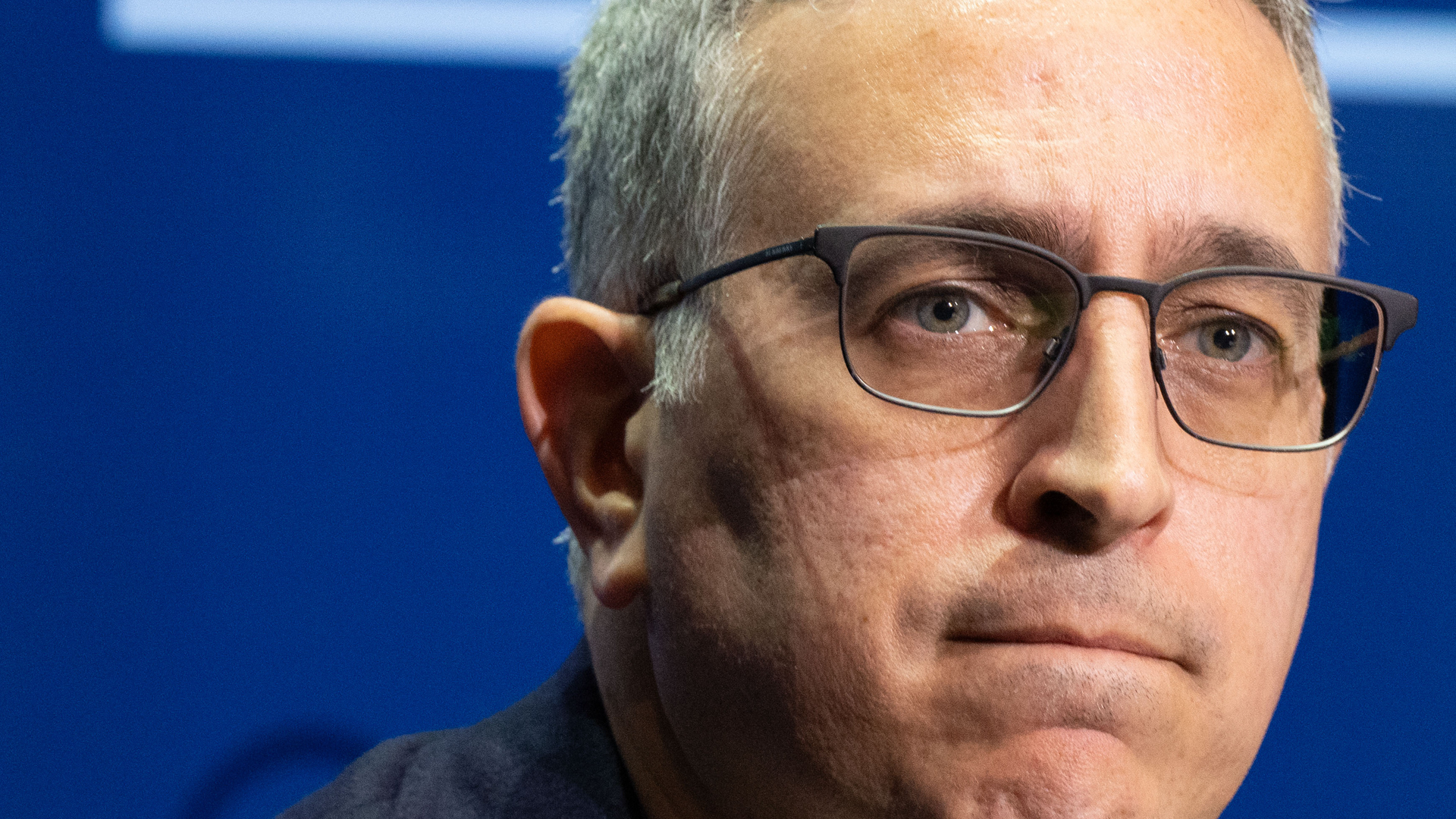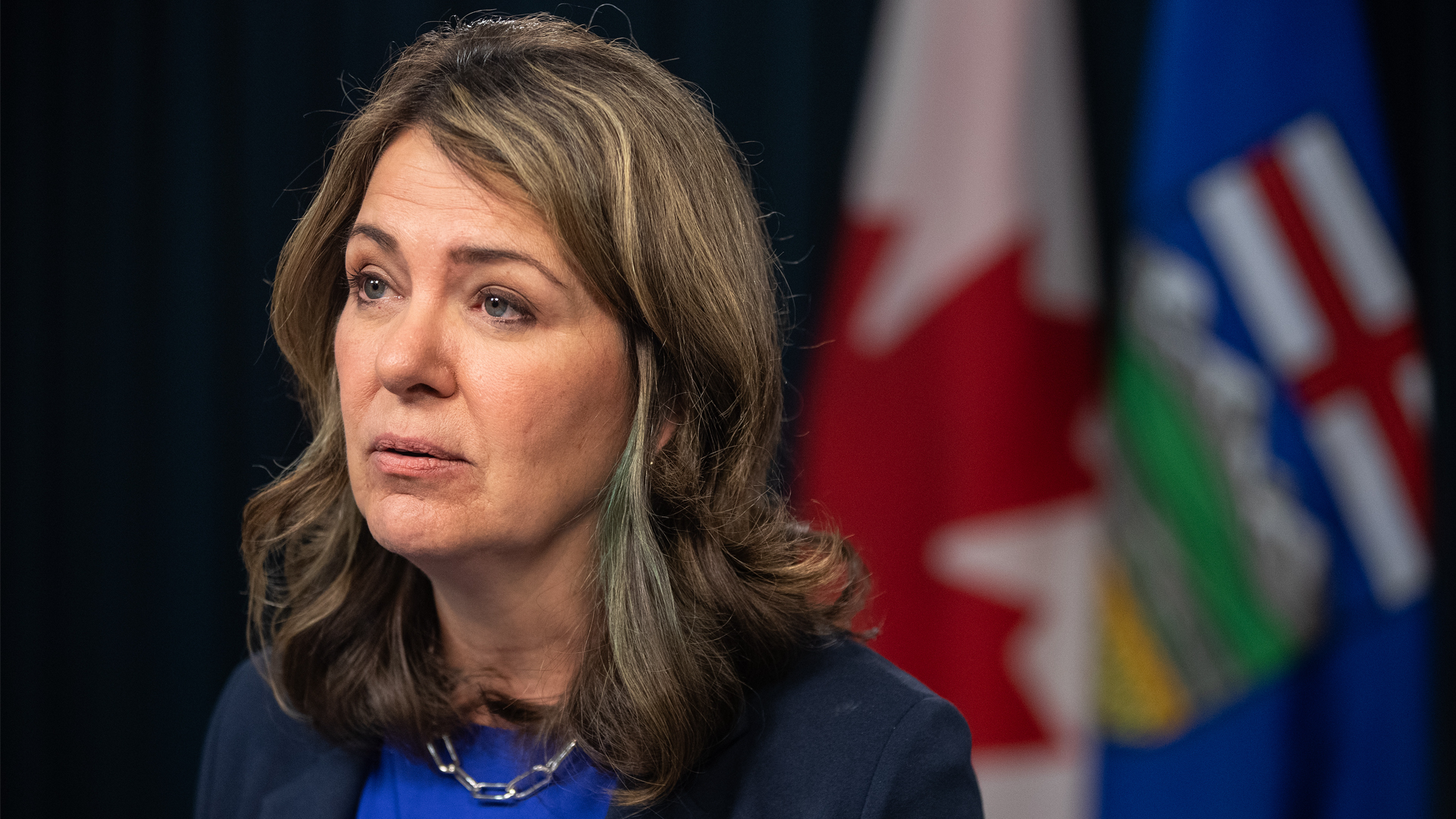
At the pinnacle of Canada’s justice system is a member of cabinet who plays a dual role, being both the attorney general (AG) and the minister of justice – something we informally call double-hatting. Wearing one hat, the minister of justice has a policy-making, legislative and administrative role that is embedded in parliamentary politics in ways similar to other cabinet ministers. In contrast, when wearing the other hat as AG, the same person supervises the federal criminal prosecution system and must act independent of partisan political considerations.
Keeping the two roles of the country’s top law officer distinct puts a premium on ethical conduct by lawyers and politicians alike. It is also crucial that government decision-making procedures, prosecutorial practices and professional understandings are in place to ensure there is not even the hint of interference with the AG’s independence.
This imperative has suddenly become apparent to many Canadians in view of the understandable concerns that have arisen over whether improper communications were directed at former minister of justice and attorney-general Jody Wilson-Raybould in relation to criminal charges against a large corporation, SNC-Lavalin. Wilson-Raybould announced her resignation from the federal cabinet on Tuesday, in the wake of the controversy.
The basic rules for protecting AG independence are distilled from court judgments, conventions that have evolved within a given jurisdiction (here, Canada’s federal level of government), and shared understandings that draw on practice from across the world of Westminster parliamentary systems. Some jurisdictions on occasion will seek to inject more clarity and transparency into this unclear body of norms. For example, the government of Stephen Harper instituted a procedure stipulating how the AG must make public in writing any decision to intervene in the decisions of an official called the director of public prosecutions on whether or not to prosecute.
As law professor Craig Forcese set out in an excellent blog post, one overarching principle is that the AG is permitted to seek advice from cabinet colleagues to better understand the public-interest dimensions of a decision to prosecute or to pursue another course. In the case of SNC-Lavalin, the alternative course could be something called a deferred prosecution agreement. However, according to the leading traditional view (that expressed in 1951 in the UK House of Commons by the former British AG, Sir Hartley Shawcross), such advice should be carefully limited to drawing considerations to the AG’s attention and “must not consist in telling him what that decision ought to be.”
A clear corollary of this advice-seeking principle is that an AG’s cabinet colleagues and their agents – including the prime minister and his staff — cannot seek to pressure let alone direct the AG on what to do.
It follows that it would be even more problematic to try to pressure the AG by initiating contact versus responding to an AG taking the initiative to seek advice and then confining oneself to a measured outlining of relevant considerations. It would be especially improper for non-cabinet members (whether members of the civil service or members of ministerial political staff) to pressure the AG, however much they might “mask” the pressure with oblique phrasing that nonetheless make clear a governmental expectation of a particular desirable outcome.
It remains unclear from the general reporting of the SNC-Lavalin matter exactly what kinds of communications occurred and whether any took the form of uninvited efforts. No clarity is gained from the ambiguity of passages in the former AG’s unprecedented departure letter from the justice portfolio, which hinted at attempts to interfere with her independence.
In light of all this, it is evident that the AG’s independence depends hugely on professional and personal integrity from multiple quarters. As such, the best governmental decision-making system must build in safeguards that ensure the avoidance of even the appearance of possible efforts to improperly influence the AG.
Context matters when it comes to avoiding such appearances.
With the issue at hand, note that the criminal charges against SNC-Lavalin involve allegations of corruption, a fact that raises natural suspicions that efforts to achieve a favourable prosecutorial decision might also have crossed over into improper – and possibly even corrupt – methods.
Secondly, the same company was found by Elections Canada to have breached elections law. SNC-Lavalin channelled illicit political donations to political parties that had formed government in Ottawa, and then lobbied the same government for more lenient treatment.
Thirdly, the kind of preferential decision being lobbied for – a deferred prosecution agreement (DPA) in relation to corruption charges – was only recently added to Canada’s statute books. The way it was legislated has raised some eyebrows. The amendments to the Criminal Code allowing for DPAs were inserted alongside many unrelated items in a Budget Implementation Act rather than being given their own implementing legislation that could be scrutinized in Parliament. While the government claims the new DPA rules originate from a two-month public consultation at the end of 2017, the timing and manner of this change of law in a corporations-friendly direction gives some cause to wonder whether the legislation arose partly as a consequence of lobbying or of governmental policy-making that favoured SNC-Lavalin’s interests.
In such a context, it is a major red flag if anyone in government did seek to act on such lobbying. It generates the appearance – and indeed risks raising a presumption – of improper efforts to influence the former AG.
Before more facts are known, hard questions can legitimately be asked, but we must simultaneously be careful not to characterize worries or suspicions as firm conclusions. Such forbearance is not just a matter of being fair to the various parties but also necessary lest cynicism degrade our faith in our justice system.
That said, generosity has its limits. In the SNC-Lavalin matter, an accounting will at some point be needed, even as parallel criminal proceedings underway against SNC-Lavalin complicate the extent and ways in which transparency must be sought.
One of the least convincing of tactics to block transparency and scrutiny is pleading “solicitor-client privilege” – whether it is the former AG as lawyer or the ongoing government as client who invokes this notion as a shibboleth for secrecy. Over many years, minister after minister in government after government has invoked “solicitor-client” relationship as if government is under an obligation not to reveal legal advice or communications – deliberately hiding from the average Canadian the fact that, as a privilege, it can be waived by the client.
Which is to say, Justin Trudeau’s government can say “we will not hide behind privilege.” It can permit the former AG to speak about the forms of interaction she had with others in government on the SNC-Lavalin issue. Such waiver of solicitor-client privilege can extend to others who might be called as witnesses – for example, during the Conflict of Interest and Ethics Commissioner’s investigation.
An additional reason why it would ring hollow for the government to invoke the privilege is the fact that the new minister of justice and attorney general seems, in media interviews, to have no problem reaching beyond privilege to assert his conclusions that nothing improper has occurred.
Members of this government, perhaps especially the prime minister, should tread carefully if they persist in adopting a posture that effectively amounts to “trust us.”
More and more, on the Canadian “street,” one senses that the current government has something of a reputation for leveraging a self-projected image of unassailable goodness, sunniness and the like in order to dismiss criticism of its policies and actions. It takes umbrage and shows ill-disguised annoyance at the very fact that anyone would question its truthfulness or sincerity on any issue.
While “trust us” would not cut it for any government, the current government has certainly earned no extra credit that entitles it to plead general virtue as its main line of defence.
Photo: Former Liberal cabinet minister Jody Wilson-Raybould (the former justice minister and attorney general) hands out lucky red envelopes while participating in the Chinese New Year Parade in Vancouver on Feb. 10, 2019. THE CANADIAN PRESS/Darryl Dyck
Do you have something to say about the article you just read? Be part of the Policy Options discussion, and send in your own submission. Here is a link on how to do it. | Souhaitez-vous réagir à cet article ? Joignez-vous aux débats d’Options politiques et soumettez-nous votre texte en suivant ces directives.







